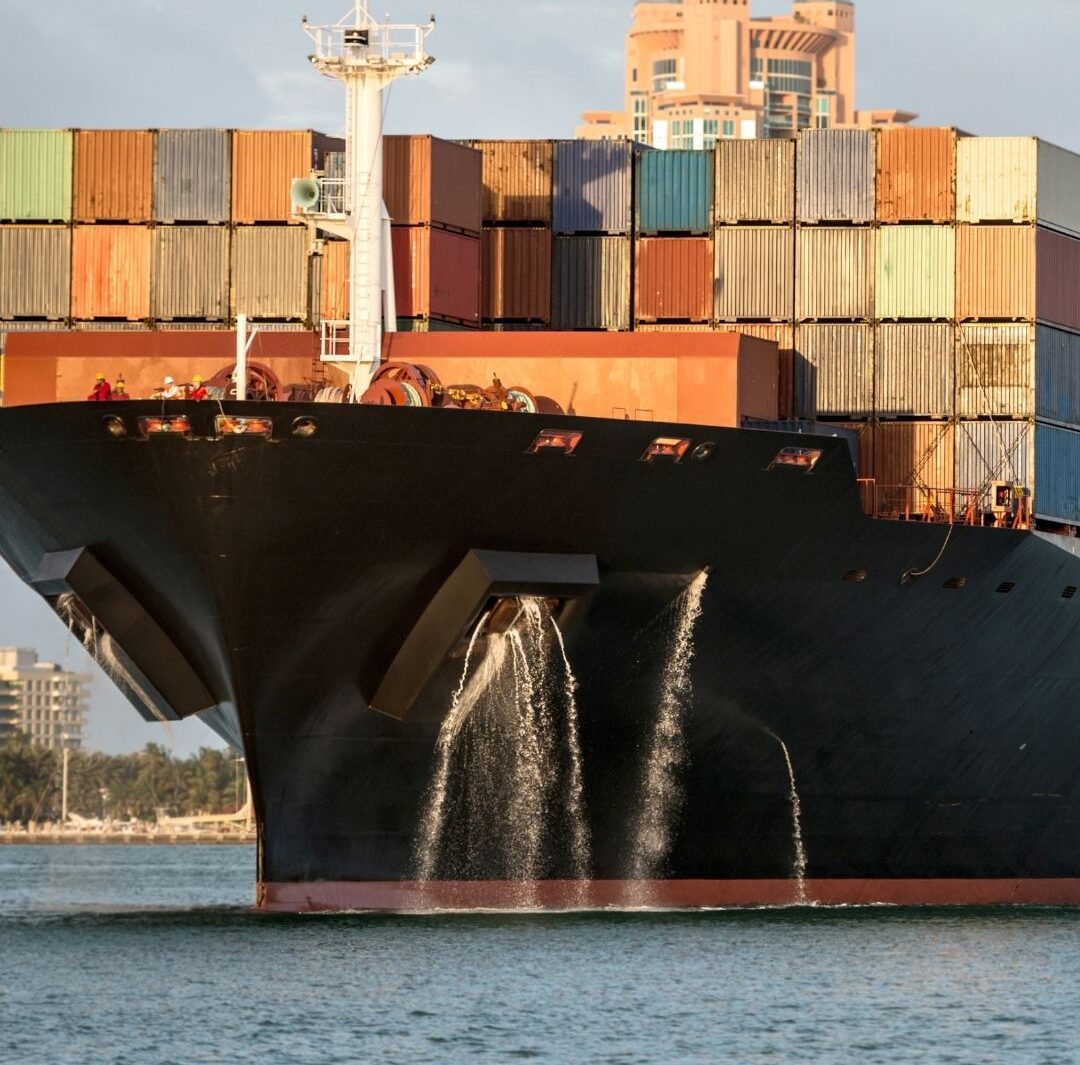Indo-Thai Trade Alliance Blossoms with Landmark 2025 Agreements
Bangkok/New Delhi, August 25, 2025 — In a significant stride toward deepening their economic partnership, India and Thailand have unveiled a series of innovative trade agreements in 2025, aimed at fostering mutual growth in emerging sectors such as sustainable technology, digital commerce, and agro-innovation. These agreements, finalized during the latest ASEAN-India Summit and bilateral talks in Bangkok, mark a new chapter in the Indo-Thai relationship, driven by a shared vision of resilience and regional leadership.
A New Framework for Cooperation
The cornerstone of this partnership is the Indo-Thai Economic Synergy Pact (ITESP), a bespoke agreement designed to reduce trade barriers and enhance market access for both nations. Unlike previous trade deals, the ITESP emphasizes niche sectors:
- Sustainable Technology: Joint ventures in solar panel manufacturing and electric vehicle (EV) battery production, leveraging Thailand’s expertise in automotive supply chains and India’s advancements in renewable energy.
- Digital Commerce: A cross-border e-commerce initiative to integrate Thai and Indian digital marketplaces, enabling small and medium enterprises (SMEs) to access consumers in both countries seamlessly.
- Agro-Innovation: Collaboration on precision farming techniques, with India sharing its AI-driven agricultural tools and Thailand contributing its expertise in tropical crop cultivation.
These initiatives build on the existing India-Thailand Comprehensive Economic Cooperation Agreement (CECA) and align with India’s “Act East” and Thailand’s “Act West” policies, which have fostered closer ties since their inception.
Key Highlights of the 2025 Agreements
- Zero-Tariff Zone for SMEs: A pioneering move to create a zero-tariff framework for SMEs in both countries, focusing on handicrafts, organic foods, and tech accessories. This initiative aims to empower local artisans and startups, with an estimated 20,000 businesses expected to benefit by 2027.
- Green Tech Corridor: A dedicated fund of $500 million, co-financed by both nations, to support joint research and production in green technologies, including biodegradable packaging and energy-efficient appliances.
- Cultural Trade Incentives: Special incentives for cultural exports, such as Thai silk and Indian handwoven textiles, to promote tourism and cultural exchange through trade.
Economic Impact and Future Prospects
The agreements are projected to boost bilateral trade from $16.04 billion in 2023 to $25 billion by 2030, according to estimates from the Indo-Thai Chamber of Commerce. Thailand’s Minister of Commerce, Pichai Naripthaphan, stated, “This partnership is a testament to our shared commitment to innovation and sustainability, positioning our nations as leaders in the ASEAN-South Asia economic corridor.”
Indian Prime Minister Narendra Modi, during a virtual address, emphasized the strategic importance of the pact: “India and Thailand are not just neighbors across the Andaman Sea but partners in shaping a sustainable and inclusive future. These agreements will create jobs and opportunities for our youth.”
Regional and Global Context
The timing of these agreements is critical amid global trade uncertainties, including shifting tariff policies and supply chain realignments. By strengthening their economic ties, India and Thailand aim to reduce reliance on traditional markets and create a resilient trade ecosystem. The ITESP also complements the ASEAN-India Trade in Goods Agreement (AITIGA) review, which seeks to modernize trade frameworks across the region.
Analysts note that this partnership could serve as a model for other South-South collaborations, particularly in balancing economic growth with environmental sustainability. “The focus on green tech and SMEs sets a new benchmark for regional trade agreements,” said Dr. Priya Sharma, an economist at the Asian Development Research Institute.
Voices from the Ground
Thai entrepreneur Naree Suksai, who runs a startup producing eco-friendly packaging, welcomed the agreements: “The zero-tariff zone will allow us to scale our exports to India, where demand for sustainable products is soaring.” Similarly, Indian tech innovator Arjun Mehra, whose company develops AI farming tools, expressed optimism: “Partnering with Thai farmers will help us refine our solutions for tropical climates, creating a win-win scenario.”
Looking Ahead
As both nations prepare to implement these agreements, upcoming joint task forces will focus on streamlining customs processes and fostering people-to-people exchanges to ensure the success of the ITESP. The annual Indo-Thai Business Summit, scheduled for November 2025 in New Delhi, will serve as a platform to review progress and explore further opportunities.
With these forward-looking agreements, India and Thailand are not only strengthening their economic bonds but also setting a global example of collaboration rooted in innovation, sustainability, and shared cultural heritage.



